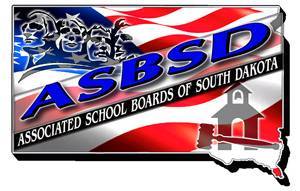The texts and emails of school board members and other political subdivision representatives are closer to coming under review based on suspicion of open meeting violations.
Representatives voted 47-22 in support of House Bill 1153, which would include electronic text colloquy on the list of public records that may be reviewed by the public when accusations of open meeting violations are made and requires retention of the records for one year.
Rep. Al Novstrup said proponents of the bill “believe that discussions of public boards discussing public business” are taking place and therefore are public records up for review.
ASBSD is opposes to the bill and during HB 1153’s committee hearing ASBSD Lobbyist Dick Tieszen said the bill was “fogging the issue of what’s a public meeting and what’s a public record.” Tieszen noted the bill could lead “to an invasion of personal privacy.”
Tieszen’s view was shared by Rep. Brian Gosch, who spoke against the bill on the House floor.
“This just goes way too far,” Rep. Gosch said. “Where’s the public benefit to you having all the information in someone’s cell phone?”
Rep. Novstrup said with the increased prevalence of the digital world HB 1153 “modernizes the open meeting laws.” A bill that would have allowed government bodies to post certain information on a designated website instead of in print was soundly defeated in its committee hearing when a similar “modernization” argument was used by proponents.
Rep. Novstrup predicted open meeting violations brought before the South Dakota Open Meeting Commission would decline with the implementation of the provision in HB 1153.
Tieszen noted at HB 1153’s committee hearing the open meeting commission does not “decide issues” of public record, which, under HB 1153, would include text colloquy, thus muddying the open meeting violation determination because the text colloquy would be the sole piece of evidence the OMC would base a decision on.
The bill now moves to the Senate floor for review and vote. For updates, check the ASBSD Blog, Bill Tracker page and Twitter feed.
